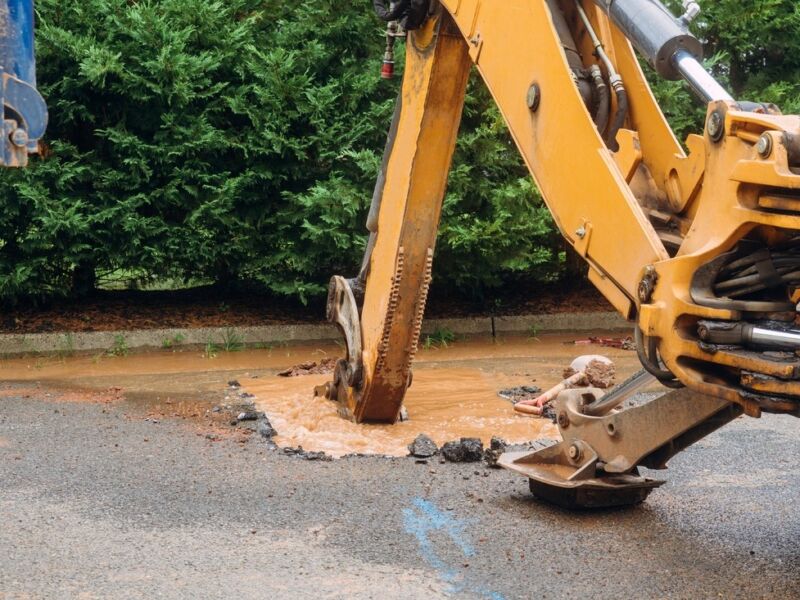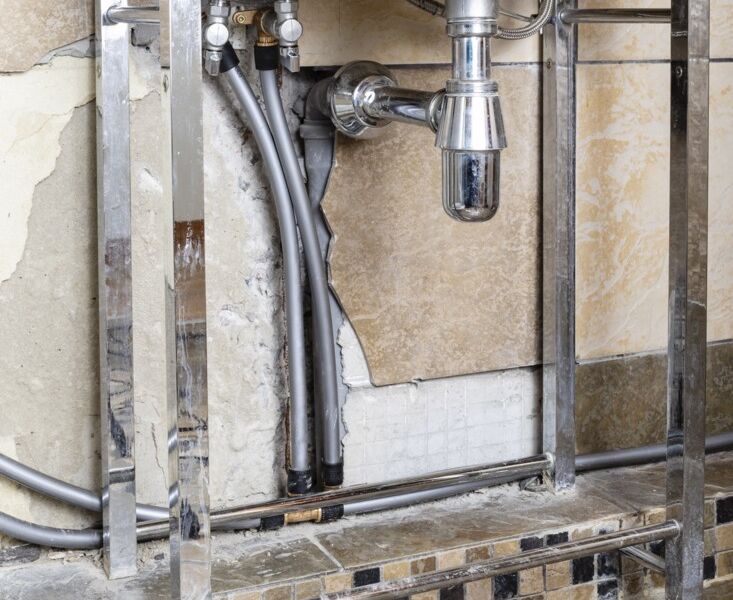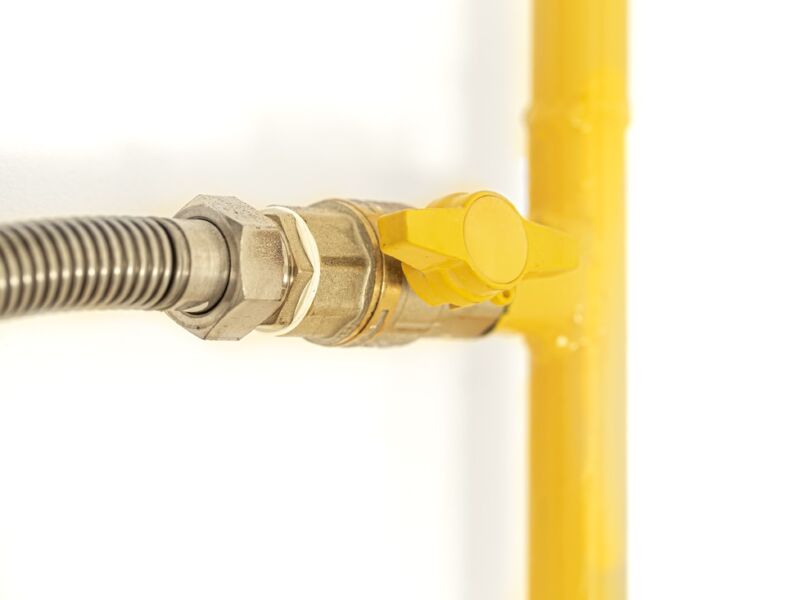
Sewer Line Backup Repair: Causes, Solutions, and Prevention
Sewer line backups can be a major headache for homeowners and businesses alike. Not only do they cause foul odors and inconvenience, but they can also lead to costly water damage and health hazards. In this article, we will explore the causes of sewer line backups, effective repair solutions, and preventive measures you can take to protect your property.
Causes of Sewer Line Backups

There are several factors that can contribute to sewer line backups:
- Tree Root Intrusion: Tree roots seeking water and nutrients can infiltrate sewer pipes, causing blockages and pipe damage.
- Debris and Foreign Objects: Flushing items like wipes, paper towels, or sanitary products can clog the sewer line and lead to backups.
- Grease Accumulation: Pouring grease down the drain can cause it to solidify and block the sewer line.
- Collapsed or Damaged Pipes: Aging pipes, ground settling, or external forces can cause pipes to collapse or become damaged, leading to backups.
- Heavy Rainfall and Flooding: Excessive rainfall can overwhelm sewer systems, causing backups in residential and commercial properties.
Understanding the causes of sewer line backups is crucial in implementing effective repair solutions and preventive measures.
Solutions for Sewer Line Backup Repair
When faced with a sewer line backup, it is important to take immediate action to address the issue and prevent further damage. Here are some common solutions for sewer line backup repair:

- Professional Sewer Line Cleaning: A professional plumber can use specialized equipment to clear blockages and remove debris from the sewer line.
- Hydro Jetting: Hydro jetting involves using high-pressure water to clear obstructions and clean the interior of the sewer line.
- Trenchless Sewer Line Repair: In cases of pipe damage or collapse, trenchless sewer line repair techniques can be utilized to minimize excavation and disruption.
- Sewer Line Replacement: In severe cases where the sewer line is extensively damaged, replacement may be necessary to ensure proper functioning.
It is important to consult with a professional plumber to determine the most appropriate solution for your specific sewer line backup situation.
Preventing Sewer Line Backups
While sewer line backups can be difficult to predict, there are preventive measures you can take to reduce the risk:
- Avoid Flushing Inappropriate Items: Only flush toilet paper down the toilet and avoid flushing wipes, paper towels, or other non-biodegradable materials.
- Proper Grease Disposal: Dispose of cooking grease in a container and throw it in the trash, rather than pouring it down the drain.
- Tree and Shrub Maintenance: Regularly inspect and trim tree roots and shrubs near your sewer lines to prevent root intrusion.
- Regular Plumbing Inspections: Schedule routine inspections by a professional plumber to identify any potential issues before they escalate.
- Install Backwater Valves: Backwater valves can prevent sewage from flowing backward into your property during heavy rainfall or flooding.
By implementing these preventive measures, you can significantly reduce the risk of sewer line backups and protect your property from water damage and health hazards.
What should I do if I notice a sewer line backup?
How much does sewer line backup repair cost?
At Water Damage Restoration Pros of Las Vegas, we offer comprehensive sewer line backup repair services. Our team of experienced plumbers is equipped with the necessary knowledge and tools to address sewer line issues effectively. Contact us at 725-210-8500 for all your sewer line repair needs. You can also visit our Spring Valley, NV page for more information.
For more information about our services, please visit:


